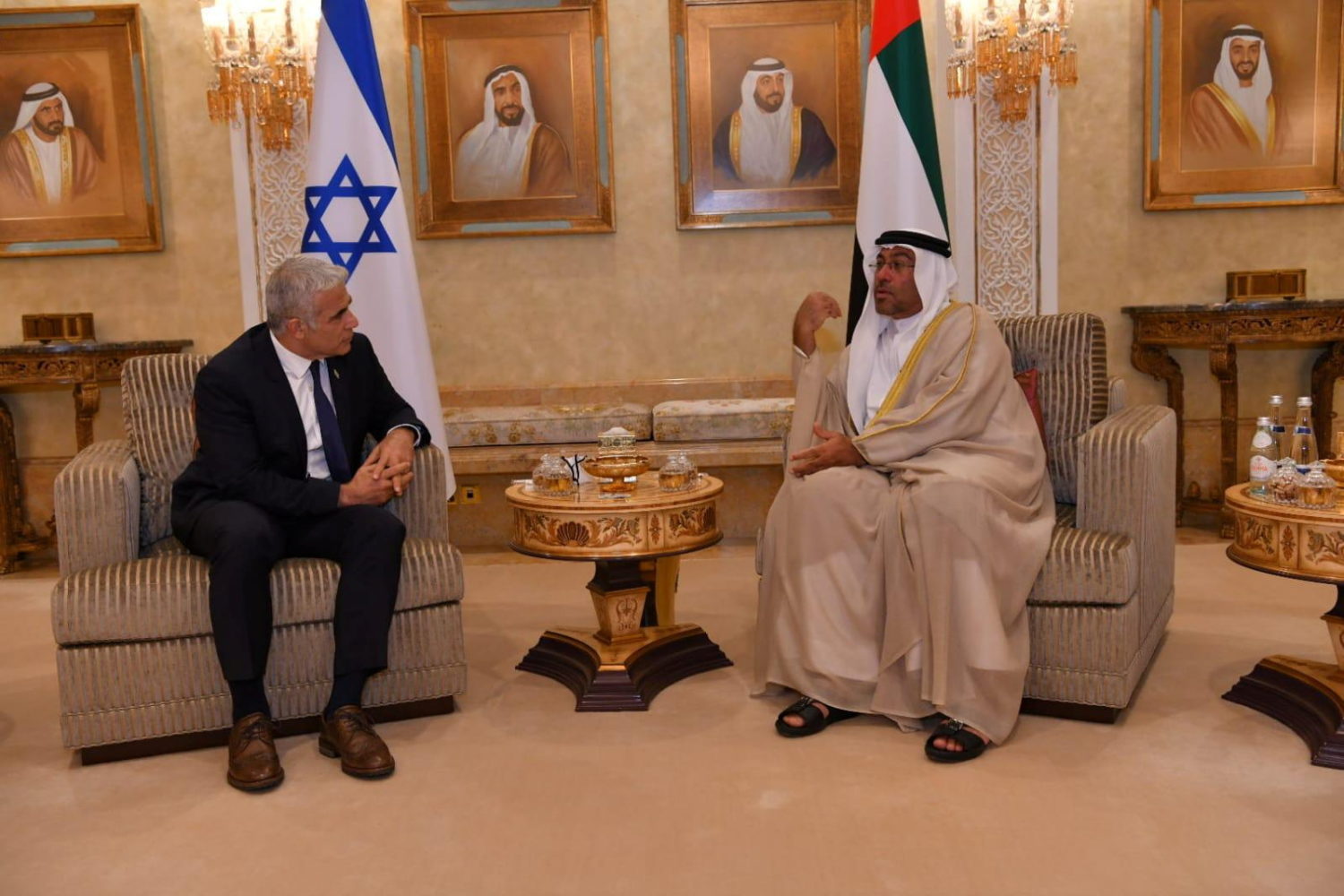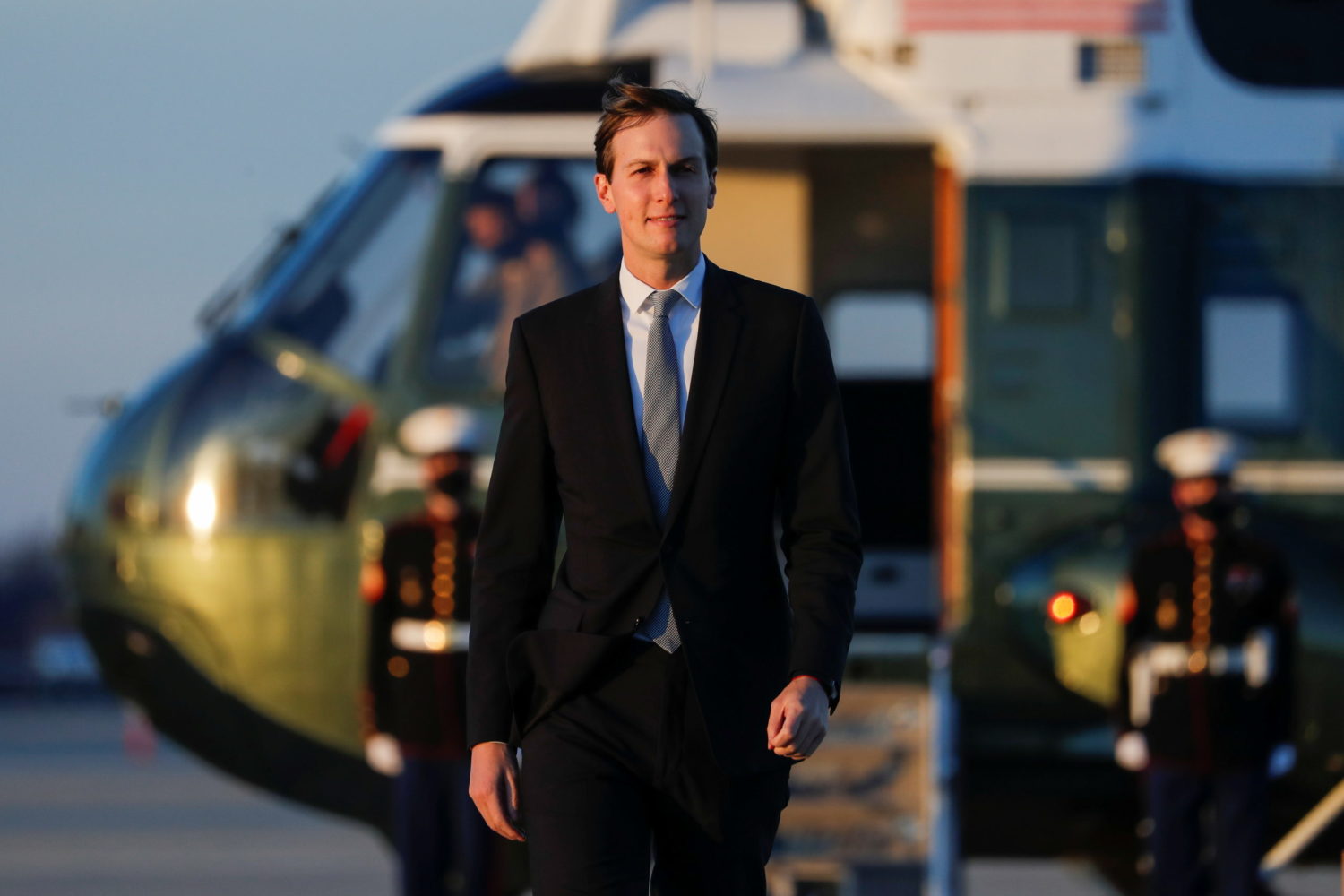
By Aziz El Yaakoubi, Alexander Cornwell and Marwa Rashad
DUBAI (Reuters) – Saudi Arabia and the United Arab Emirates, among the few who recognized the Taliban’s radical 1996-2001 rule in Afghanistan, will likely take a pragmatic approach to its return to power despite fears it could embolden militant Islam abroad.
Foreign diplomats and analysts said while Taliban ideology clashed with the Saudi-UAE campaign against militancy and with Riyadh’s recent relaxation of Islamic strictures, Riyadh and Abu Dhabi would adapt to realities after the Taliban’s shockingly swift reconquest of Afghanistan as U.S.-led forces withdrew.
Gulf powers severed ties with the Taliban in September 2001 for “harboring terrorists” after airplanes hijacked by al Qaeda militants, mostly Saudi nationals, crashed into New York’s World Trade Center and Washington’s Pentagon, killing thousands.
Riyadh had already frozen ties with the Taliban in 1998 over its refusal to hand over then-al Qaeda leader Osama bin Laden, who made his name fighting Soviet occupation in Afghanistan in the 1980s and was stripped of his Saudi citizenship for attacks in the kingdom and activities against the royal family.
“The Saudis have a historical relationship with Afghanistan and will eventually have to accept the Taliban (again)…They have no other option,” said a foreign diplomat in Riyadh, who like others asked not to be further identified.
Whether pragmatism will extend to a re-establishment of diplomatic relations is unknown: Saudi and UAE authorities did not respond to Reuters requests for comment regarding Afghanistan and the Taliban.
Riyadh and Abu Dhabi have limited their response to the Taliban takeover to saying they would respect the choice of Afghans and urging the group to foster security and stability after a protracted insurgency against U.S.-backed rule.
“Both countries are pragmatic and have proven they can work with different regimes around the world,” a diplomat based in Qatar said.
Saudi Arabia and the UAE tried to facilitate inter-Afghan peace talks after the fall of the Taliban 20 years ago, but were not involved in the main negotiations hosted by Qatar that failed to yield a political settlement.
Sheikh Hamad bin Jassim Al Thani, a Qatari ruling family member and former premier, said countries will have to deal directly with the Taliban.
“The world should respect the current situation in Afghanistan and not take measures to restrict them (Taliban),” he tweeted on Wednesday. “The international community should give them hope that it will accept them and cooperate with them in return for their commitment to international norms.”
Two diplomats in Qatar, where the Taliban maintain a representative office, said Gulf states were likely to take their cue from top security ally the United States. Washington has not said whether it would recognize a Taliban government.
UNIQUE SAUDI SWAY?
Saudi Arabia could try to exert a moderating influence on the Taliban with its status as custodian of Islam’s two holiest sites, said Umar Karim, a fellow at the Royal United Services Institute for Defense and Security Studies.
Saudi Crown Prince Mohammed bin Salman has also acted to ease restrictions on daily life in the conservative kingdom – the birthplace of Islam, including curbing the powers of religious police, permitting women to drive and allowing public entertainment.
“Saudi Arabia still has a strong religious card vis-à-vis the Taliban,” Karim said, suggesting that Riyadh could also open channels with the group via Pakistan.
Afghanistan has a long border with Pakistan, which long sheltered Taliban leaders and has long-standing ties with Riyadh and Abu Dhabi. Pakistan was the only other country to formally recognize the previous Taliban regime.
The Saudis and UAE could also use their financial clout as leverage as they have in the past, with the Taliban likely to be critically short of cash to govern the country given that Kabul’s foreign currency reserves are parked in the United States, out of reach.
TALIBAN 2.0?
Three foreign diplomats in Abu Dhabi said the UAE had privately voiced concern that Afghanistan under the Taliban could once again become a safe haven and breeding ground for extremists.
“Terrorist groups may use (Afghanistan) as a base if global powers cannot negotiate with the Taliban on (the transition of power) quickly,” columnist Yousef al-Sharif wrote in UAE newspaper Al Bayan.
“The international community must contain the situation and learn from the catastrophic failure of the American experience.”
The Taliban have sought to present a more conciliatory face since taking control, saying they will not allow Afghanistan to be used to launch attacks on other nations and will respect rights of women within the framework of Islamic law.
Initial international reaction has been deeply skeptical.
“The arrival of the Taliban in Kabul means extremism is in the seat of power,” Saudi commentator Faheem Al Hamid wrote in Okaz newspaper. He said any new civil war in Afghanistan would draw in foreign players including neighboring Shi’ite Muslim Iran, long at odds with the Sunni Taliban.
“Much is required from the Taliban. Not only backing up words with action, but also changing the extremist thought rooted in their ideology…towards tolerance and moderation.”
Saudi Arabia and the UAE have long strived to contain political Islamists they deem a threat to Gulf dynastic rule, including the Muslim Brotherhood, in Libya, Sudan, Syria and elsewhere in the Middle East and North Africa.
(Reporting by Aziz El Yaakoubi, Alexander Cornwell and Marwa Rashad; Editing by Ghaida Ghantous and Mark Heinrich)












